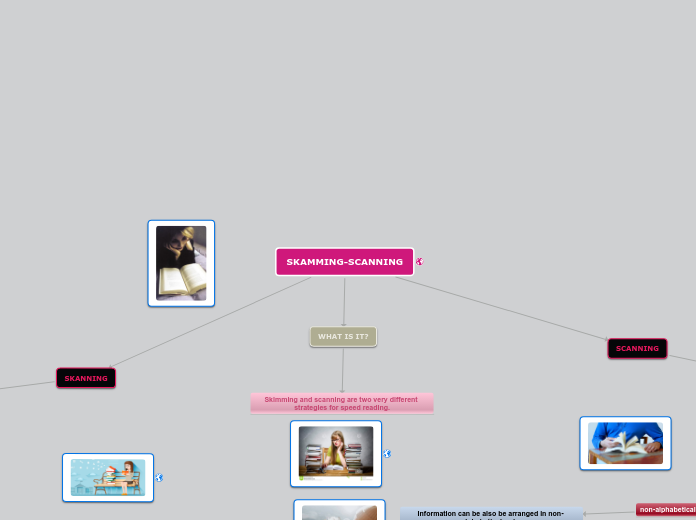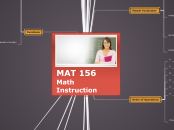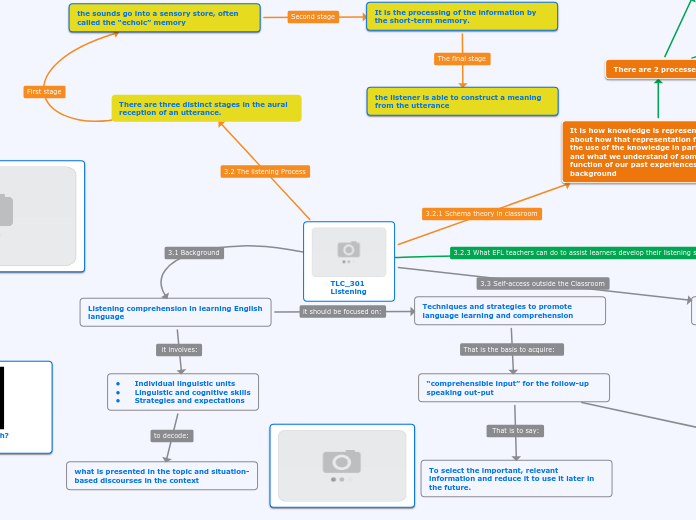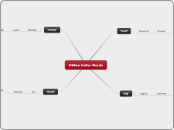von Laurie Ince Vor 4 Jahren
279
Literacy Development
Understanding the relationships between letters, sounds, and words is essential for literacy development at all stages. Knowledge of phonological processing, including the alphabetic principle, enables the reading and spelling process by linking speech sounds with letters.









